
Formulation is a critical step in any product development, however, it is a complex process and formulators face a great amount of challenges when developing a recipe. They have to take into consideration various requirements from different teams, from marketing, quality to regulatory affairs. It is also crucial to stay ahead of the rapidly evolving demand for new products and the emerging trends. Formulators are also challenged by the constant needs for innovation and sustainable manufacturing. Not to mention the strong competition and complex regulatory environment that add additional challenges.
#1 Food Formulation Development – Cost control
Cost is an important factor in a product development, from the price of raw materials to the manufacturing costs. It is important to develop a product which follows certain requirements, especially in term of pricing. Often, the marketing department will establish a certain price that consumers are willing to pay for a product, which, in turn, will determine the maximum manufacturing cost of a product. It can be challenging to calculate direct material costs if there is no proper process in place to have all information readily available. On the other hand, it is also a problem when there are too many different processes and software implemented, especially as these systems are usually from different providers and hosted on different platforms. So it becomes laborious and slow to get the required information.
Either way, retrieving information is, then, time-consuming and complex. However, since food and beverage manufacturers operate on thin margins, controlling costs is essential.
What’s the solution? Whether a manufacturer has no process in place or, on the contrary, has too many processes and software implemented, it should:
– revise how to centralize intellectual data (costs of raw materials, packaging, etc.)
– version each recipe and product
– define a clear process to facilitate the sharing of information from raw materials received from suppliers through formulation to product launch
– enforce this process across the whole company
Those steps are important to ensure that the research & development teams are using accurate and timely data. Costs of the formulated product should be automatically calculated from the costs of its raw materials and packaging.
IT solutions, such as a Product Lifecycle Management (PLM) software, encompass all business departments to facilitate the information sharing from a marketing brief, through suppliers’ inputs to formulation, while minimizing human errors.
#2 Food Formulation Development – Allergens management
Formulators need to be careful when creating new recipes or products. There are two main parts about allergens management. Firstly, they need to follow specific requirements which define the allergens prohibited, for instance if the product needs to be dairy-free or nut-free. On the other hand, if there is no specific requirement, it is still important to accurately determine and declare the allergens present in the final product.
It is crucial for food and beverage manufacturers to implement processes to control and manage all types of allergens in their products. Formulators also need to have access to an accurate database with all raw materials information; this will help them determine which ingredients to use in a recipe in order to avoid certain allergens.
What’s the solution? Having the right information at the right time via a single source of information is one of the main solution. Information is key to ensure that a product follows the requirements set by other departments and that all food allergens are properly identified. This source of information should be shared with all departments, organized following set guidelines, and always up-to-date. Manufacturers can take additional steps towards a better management of allergens, such as enforcing suppliers’ relationships. For instance, information received and send from/to suppliers should follow the same structure to guarantee that all required information has been completed (e.g.: certifications, declaration of the presence of allergens in ingredients, etc.). A supplier portal will help you facilitate these processes. It will easily improve relationships with your suppliers and enforce their accountability, therefore, improving collaboration management.
#3 Food Formulation Development – Requirements from other departments
Food and beverage formulation becomes even more complicated when formulators have to take into consideration several requirements. Those requirements can vary from claims that the marketing team wants to use on the packaging, list of allergens that are specifically prohibited for a product, to all the country-specific regulations a product must follow. It is clear that the R&D team can then be easily overwhelmed by all these requirements and have a hard time accurately and efficiently following them.
What’s the solution? Here again, sharing information is key. Several departments are involved during a product development, and streamlining communication is important. Using templates to create a marketing brief will help the R&D quickly identify the requirements. In addition, if all briefs are structured in the same way, it will ensure that all required information has been completed and shared.
During formulation, it is also important for the R&D team to have access to regulations that will apply to the product. Ensuring a product compliance should start right when formulators are working on a recipe. Indeed, they should have access to all applicable regulations from the first step of a product development. To do so, it is essential to create a common single source of information and improve communication between quality, compliance and R&D teams.
Formulators can also become proactive and identify, – based on nutritional information and following regulations in force, – claims that could be used by the marketing department (e.g.: non-fat, reduced in sugar, etc.).
Without the proper tools, it can be complicated and lengthy to implement these solutions. However, Lascom Solutions, a Product Lifecycle Management software (PLM) editor, can support you during your entire product development, from marketing brief, through suppliers’ relationship, and formulation to end of life.
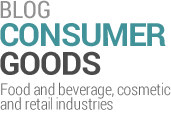

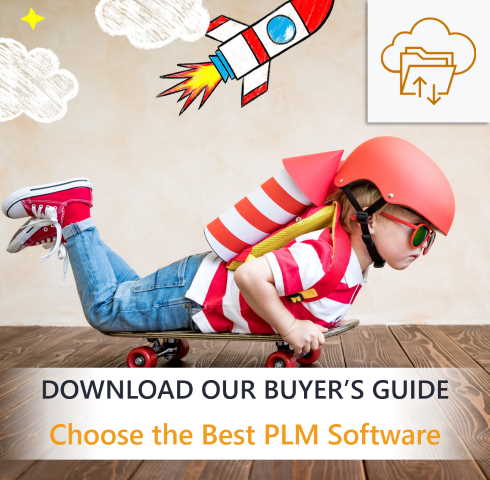
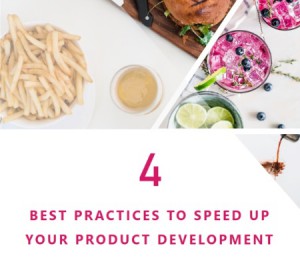


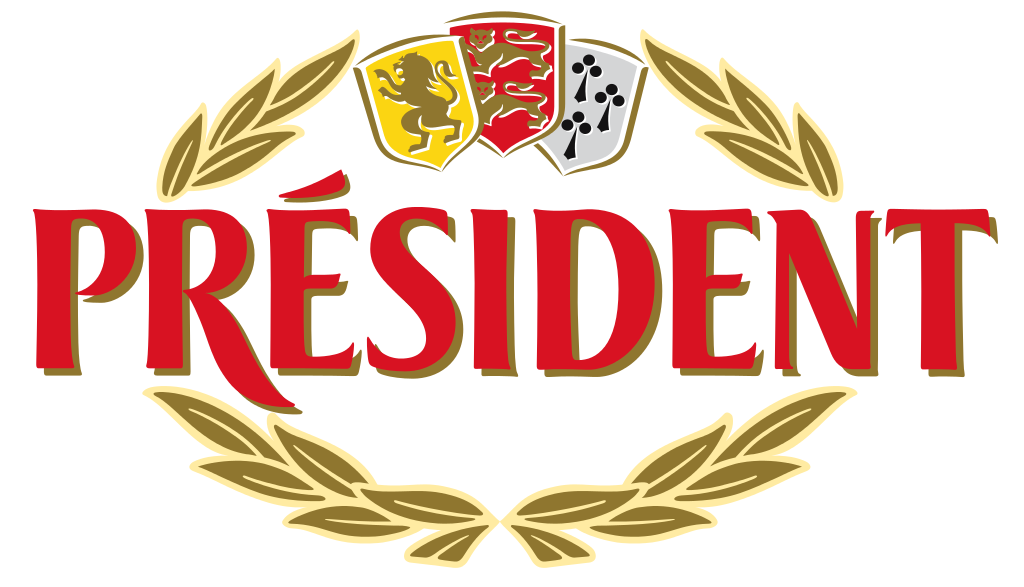



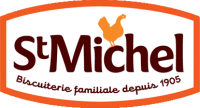

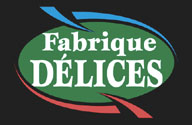
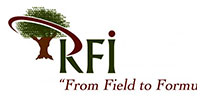
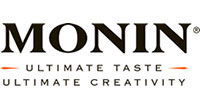
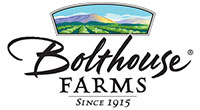
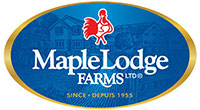
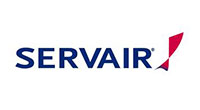
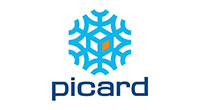
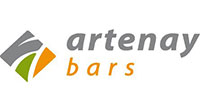
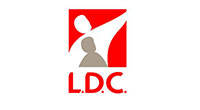
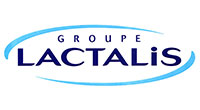

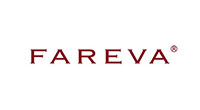
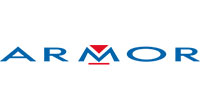
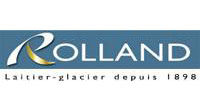
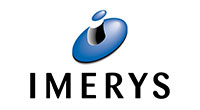

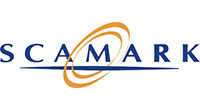
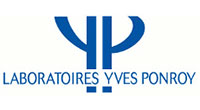

Good Morning Sir/ Madam,
I trust you are well, I am contacting you today as I have a project I would like to deploy but have yet to find a good service provider in regards to recipe formulation and process design.
I am looking to develop 3 recipes of dips, namely:
1. Hummus (chickpea paste/ puree with tahini)
2. Tsa-Tsiki (Greek Yogurt and cucumber salad)
3. Moutabel (aubergine, Tahini and Yogurt)
I would like to have an quote from you for the development of the recipe and the process. as for the recipes, I would like to have different offers at least 3 with different cost structure, From high quality to lower.
I would also need a break down of the cost per product. This is of paramount importance as it would allow for a detailed and Business plan.
I thank you in advance for your response and look forward to hearing from you.
Kind regards
Moncef I. Tefiani
Hello Moncef Tefiani,
Unfortunately, we are unable to answer this specific question as we are not contract manufacturers. We develop PLM software covering NPD (New Product Development) challenges – product specification management, recipe formulation, packaging deevlopment, compliance approval, etc. – to help companies optimize their product design processes. We do not provide advice or quotations on ingredients, formulas or suppliers. Our blog authors compile information freely available on the web with our teams’ experience to provide related best manufacturing practices.
Sincerely,
Sacha Baïzet – Moderator